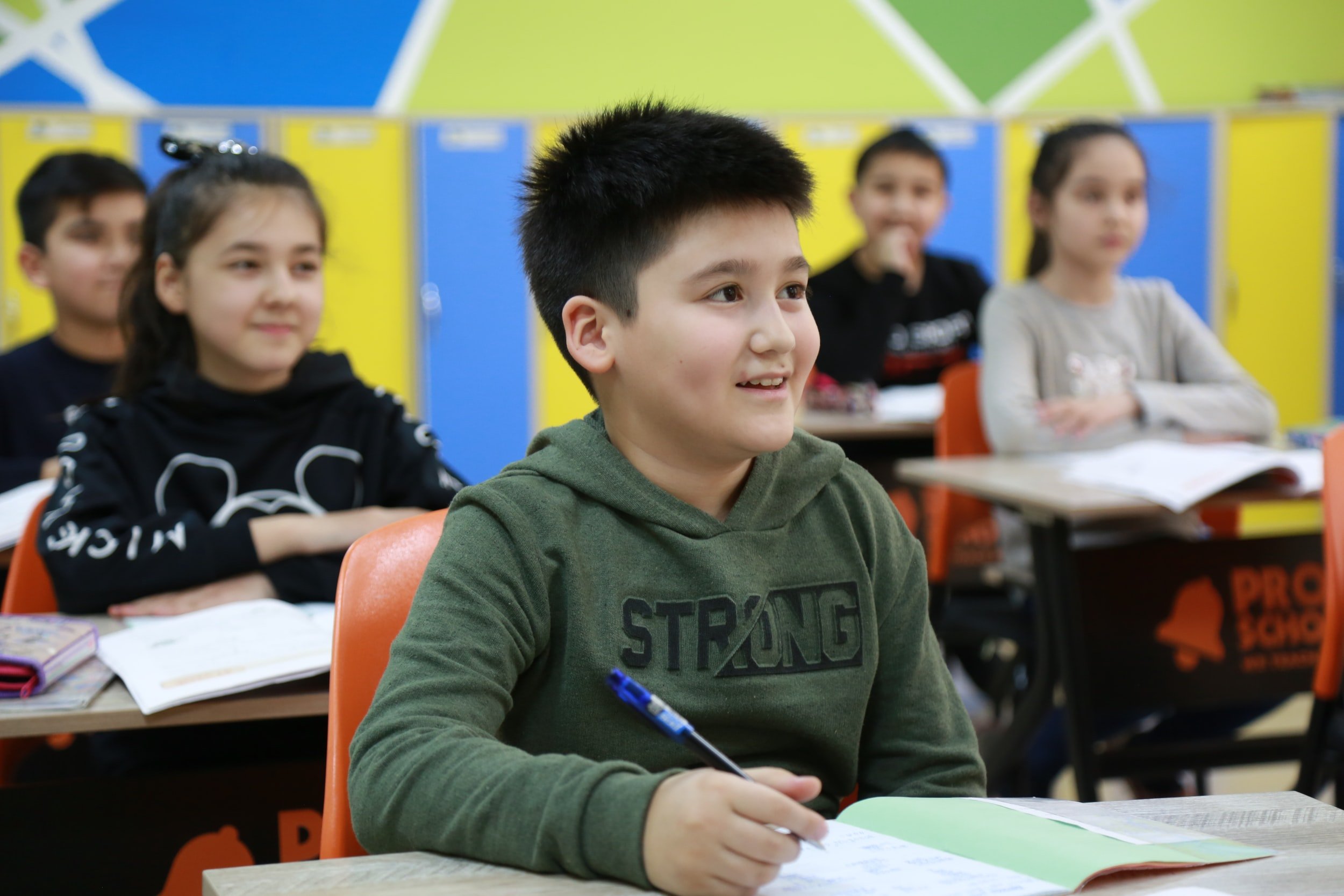
IMPACT
I- Interactions
Our daily interactions with our students and colleagues are the foundation of all that we believe in. It forms a bond that is very similar to one in a family. The bedrock we stand firmly on is our Christian faith. Even students who seem to be facing insurmountable challenges will rise to the occasion if they know you care for them and believe they are capable. Our interactions give us the opportunity to share our time, talent and treasures.
M- Maslow before Bloom’s
This leads to our second core belief. If students feel safe- safe to make mistakes, safe from harm, emotionally secure, and loved, then and only then, can we begin working on the higher levels of Bloom’s Taxonomy. If a student comes to school tired, hungry, traumatized, scared, etc. we know we have to meet those basic needs first. And this takes time. It does not happen overnight, or even in the first month together. Each day brings new challenges and opportunities for showing human kindness, mercy and empathy.
P- Project based
The highest levels of Bloom’s are evaluate and create. Project based instruction gets students and teachers engaged in both levels of learning, as well as produces learners that seek new knowledge, develop communication skills, and share their learning through creative presentations and artifacts of learning. Many times, this type of learning will lead to connections in our broader community, calling upon experts to share with our students, thereby building paths to future collaboration.
A- Accountability
Our students must know and believe that they are held to the highest levels of accountability! If they know that we believe in them, they will rise to levels well beyond our imagination. Personal accountability must be connected to the classroom community as well. Students need interactions with peers that support a growth mindset, encourages empathy, and teamwork.
C- Consistency
Students need routine and consistency. Our brain is wired to find patterns in our world and each time we learn a new skill, we connect it to prior learning. In order to retrieve that knowledge, and move it into long term memory, we have to practice the skill and strengthen the neuro pathways. This is also true with forming study habits and behaviors.
T- Trauma informed education
Students of trauma need teachers who understand the long-term effects and are able to adapt teaching strategies and classroom routines immediately, based on the student’s needs. From day to day, students may become triggered and their needs change. A classroom routine that stays consistent is crucial so the child knows what to expect on a daily basis. However, when a child comes to school in a fight/flight mode, a teacher will need to kick into Plan B quickly.
